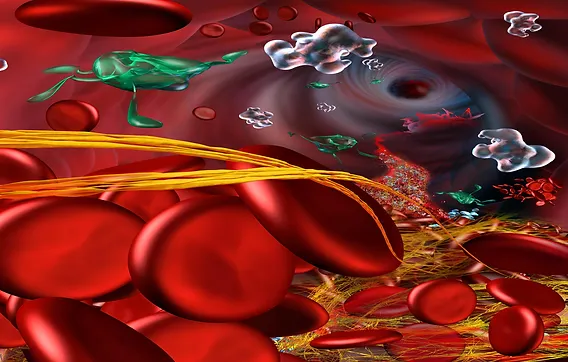
The following are key points to remember from a 2024 updated international consensus statement on platelet function and genetic testing in percutaneous coronary intervention (PCI):
© 2022 Cardio Blogger. All Right Reserved | Designed & Developed By Diviants